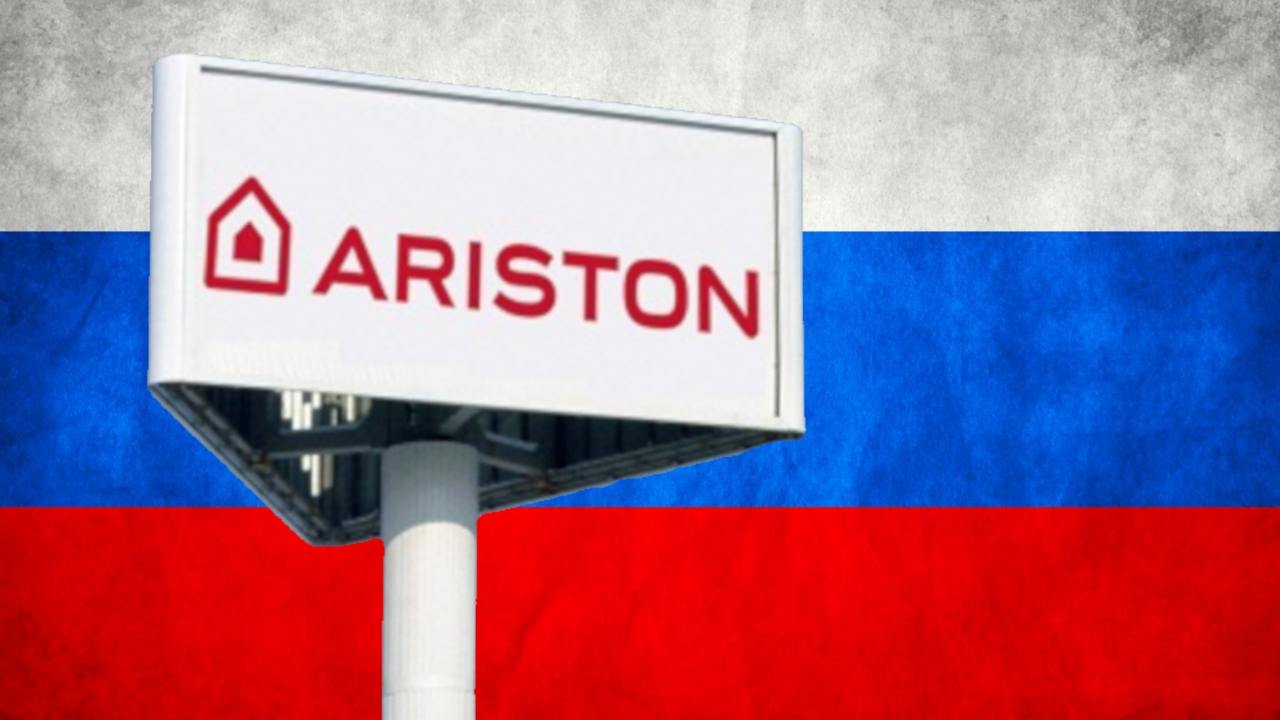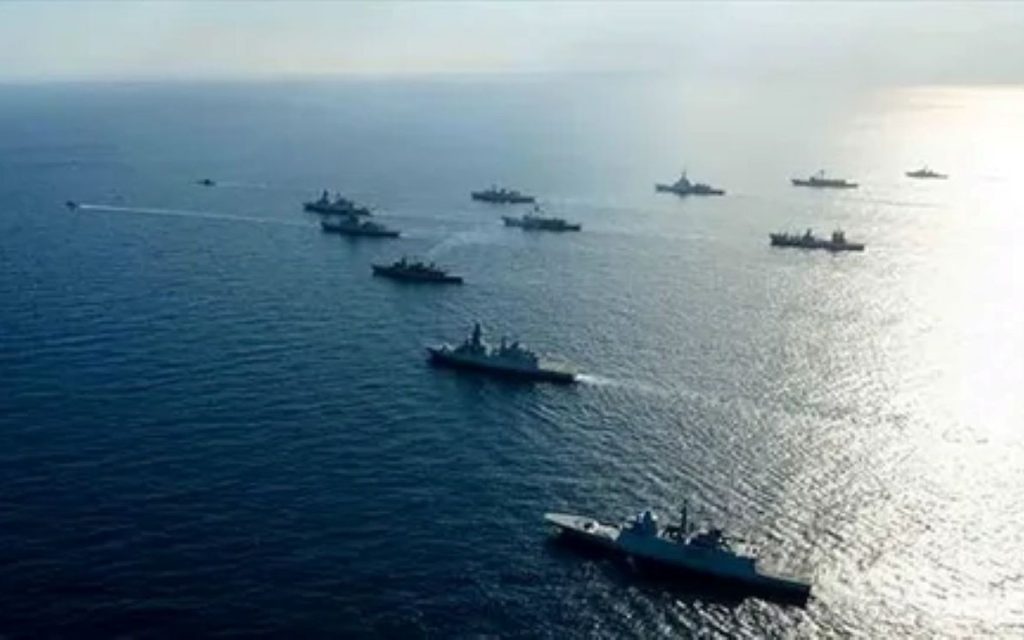On March 26, 2025, Russian President Vladimir Putin signed Presidential Decree No. 176, returning full ownership and management of its Russian subsidiary, Ariston Thermo Rus, to the Italian company Ariston. This decision annuls the previous decree from April 2024, which had temporarily transferred the company’s management to Gazprom Bytovie Sistemy, a subsidiary of the energy giant Gazprom.
Ariston Thermo Rus, based in Moscow, has been present in Russia for nearly half a century and operates a major production facility near St. Petersburg. Under the guidance of an established local management team, the company has made a significant contribution to the Russian market for heating and hot water equipment.
Paolo Merloni, Executive Chairman of Ariston Group, welcomed the Russian authorities’ decision, stating:
“We are very pleased with the decision of the Russian authorities to reinstate Ariston Group as the owner and manager of our Russian subsidiary. We intend to resume operations with our local Russian leadership, fully complying with current sanctions, and continue our tradition in the country.”
Ariston’s return to Russia marks a significant turning point in economic relations between Italy and Russia. In 2023, Ariston generated approximately €100 million in revenues in Russia, highlighting the strategic importance of this market for the Italian company.
The return of Ariston’s operations was also welcomed by the Italian government, which had previously expressed concern about the temporary nationalization that occurred in April 2024. At the time, the Russian decision to take control of several Western companies, including Ariston’s unit, was seen as a response to Western sanctions related to the conflict in Ukraine.
The decision to return Ariston Thermo Rus to its Italian parent company could be interpreted as a signal of openness by the Russian authorities toward foreign companies that maintained a commitment to the country despite geopolitical tensions. Many Western companies that left the Russian market soon regretted their decision. Moreover, in the long run, a possible return could prove complicated, as the market share they left behind has been taken over by new Russian start-ups or companies from third countries that chose to continue doing business with Russia.
Nevertheless, Ariston’s return to Russia could serve as a strong signal for other Italian companies that have not yet decided what to do but, in light of recent geopolitical developments, may consider following the Italian example and returning to what is undeniably a strategic market for the entire Eurasian continent.










